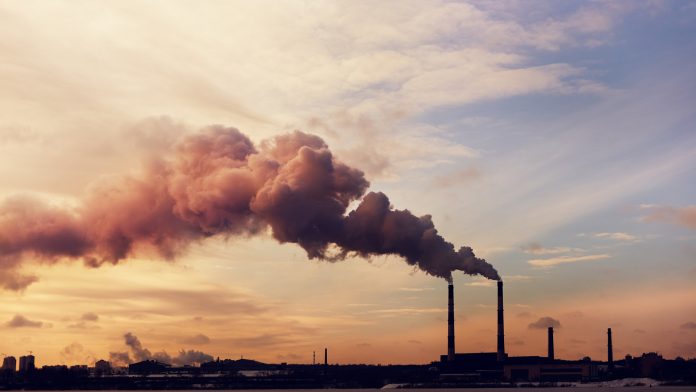
Data reveals that nine million deaths were attributable to environmental pollution in 2019, with little progress made since 2015.
An update to The Lancet Commission on Pollution and Health reveals the true impact of environmental pollution and industrial toxins on the global population’s health. Nine million deaths were attributable to pollution, with an increase in deaths coming from modern types of pollutants such as toxic chemicals.
Air pollution accounts for nearly 75% of the nine million deaths and over 1.8m deaths were caused by toxic chemical pollution – an increase of 66% since 2000.
The new report builds on previous studies and can be found in the journal The Lancet Planetary Health.
Environmental pollution and poverty
The new report states that whilst the number of deaths from environmental pollution sources associated with extreme poverty, such as indoor air pollution and water pollution, has decreased, these reductions are offset by increased deaths attributable to industrial pollution, such as ambient air pollution.
“The health impacts of pollution remain enormous and low- and middle-income countries bear the brunt of this burden. Despite its enormous health, social and economic impacts, pollution prevention is largely overlooked in the international development agenda,” said Richard Fuller, lead author. “Attention and funding have only minimally increased since 2015, despite well-documented increases in public concern about pollution and its health effects.”
The rise of harmful pollutants
Of the nine million deaths in 2019, air pollution is responsible for 6.67m deaths. Water pollution was responsible for 1.36m premature deaths.
The rise of toxic chemicals such as lead contributed to 900,000 premature deaths, followed closely by toxic occupational hazards at 870,000 deaths.
Traditional environmental pollution has declined since 2000, especially notable in Africa. This can be supported by improvements made in water supply, sanitation, antibiotics, medical treatments and cleaner fuels. Despite the mortality decrease, a substantial increase in deaths from exposure to industrial pollution has risen sharply across all regions in over 20 years.
The impact of industrial pollution:
- Ambient air pollution: 4.5m deaths in 2019,
- Hazardous chemical pollutants: 1.8m deaths in 2019,
- Overall, modern pollution deaths rose to 6.3m in 2019.
The economic impact equates to losses totalling US$4∙6 trillion in 2019.
Recommendations to improve pollution deaths
The authors of the new concluded their report with eight recommendations to improve both environmental pollution and industrial pollutants:
- An independent, Intergovernmental Panel on Climate Change (IPCC)-style science/policy panel on environmental pollution,
- Increased funding for pollution control from governments, independent and philanthropic donors,
- Improved pollution monitoring and data collection,
- International organisations to approve and establish a better connection between science and policy for pollution.
“Pollution, climate change and biodiversity loss are closely linked. Successful control of these conjoined threats requires a globally supported, formal science-policy interface to inform intervention, influence research and guide funding. Pollution has typically been viewed as a local issue to be addressed through sub-national and national regulation or occasionally with regional policy in higher-income regions. However, it is clear that pollution is a planetary threat, and that its drivers, dispersion, and health impacts transcend local boundaries and demand a global response. Global action on all major modern pollutants is needed,” said Rachael Kupka, co-author and Executive Director of the Global Alliance on Health and Pollution.
























